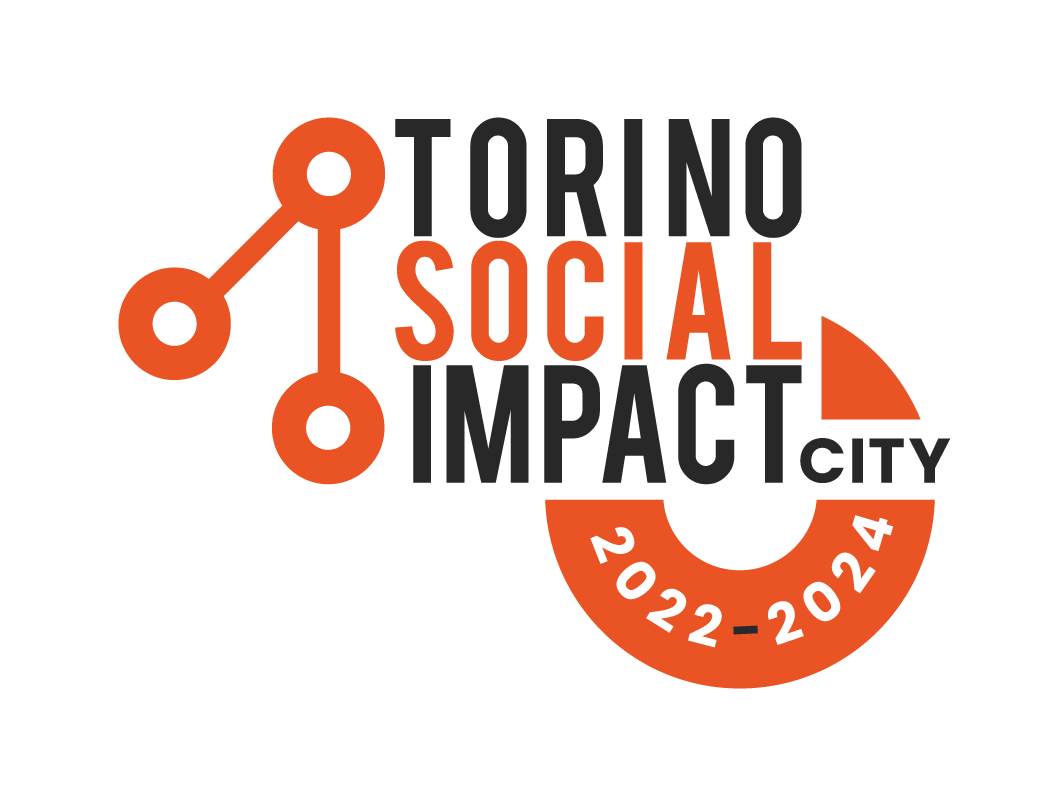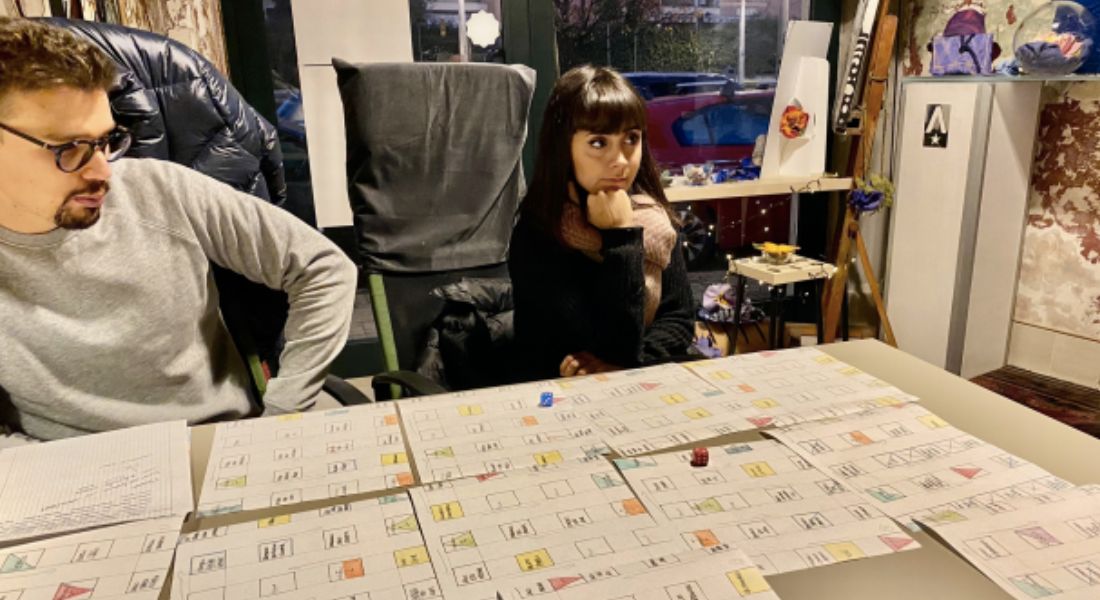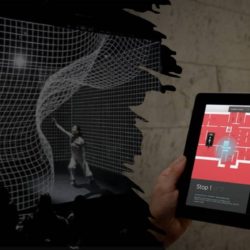CERES – At Le Valli in Vetrina, the Al Cicapui association focuses on territory and sustainability and does so starting from the game, from sensitivity, from nature.
≪We would be pleased to invite you from 21 to 24 April at the “Al Cicapui” stand during the “Le Valli in Vetrina” fair. During the event we will present the board game “VIAV: The Tour delle Valli” result of a long co-planning between various players of the Joint Association finally in the first edition in LIMITED Edition, 90% guaranteed with reused materials. For the occasion, on the afternoon of April 23, we created a short immersion in nature at psychological character to experience firsthand both the benefits and nature and the environment mountains offer on the well-being side, both the motivations that support and guide the Association in pursuit of its mission. For us it would be a great pleasure to be able to share the event and the experiences together.
We kindly ask you to confirm your presence or not at the event by writing us on whatsapp ai numbers 3398654032 or 3479430952≫.
The current context is characterized by a fundamental challenge: the transition to sustainability. Global warming, environmental and climate change, depletion of resources and biodiversity, drought and water scarcity are just a few examples of how the impact of human beings has broken the balance of the Earth. This condition remains difficult to intercept because it lacks, al moment, a solid “common ground” that can lead to a concrete change in both economic modalities and in daily habits.
Starting from what has been said and from a profound attention to the social changes that result from it they achieve, the psychologist Nicolò Starnai, the glass artist Chiara Ferraris and the technical Maker in circularity Antonio Convertino in collaboration with the Al Cicapui ASD and APS Association, integrating different perspectives and skills, they decided to give life to Eco-Chance Lab.
Eco-Chance Lab defines itself as a laboratory for the acquisition and development of skills direct and indirect on the theme of sustainability, therefore on the relationship between human beings and nature. It is in fact aimed at promoting new ways of being and acting, objectives pursued through support to people, organizations and communities. Eco-Chance Lab was born from the integration of daily practice and scientific studies: it is defined in the acronym C.H.A.N.C.E., which identifies the six pillars essential to favor a sustainable turnaround considered in all its aspects.
Eco identifies a window on the relationship between Ecology and Economy, but above all it highlights the Eco understood as resonance. Indeed, the challenge of sustainability must be faced in a shared integrated way. Awareness identifies the need to develop a personal awareness, a necessary basis to co-build a collective consciousness of symbiosis with nature and the environment. Health represents well-being and health: the reference model is bio-psycho-socio-environmental. The bio-psycho-social model must be integrated with the physical environment, as it is capable of increasing o reduce perceived well-being. Art is understood as awareness of beauty, therefore an opportunity for growth and greater equilibrium. Art represents the possibility of perceiving things from an alternative point of view, key element in any change. Nature: experiences in nature have powerful and positive implications on physical, psychological and health emotional. Furthermore, direct contact with nature has proved to be a powerful tool raising awareness in favor of green practices. “touch” the problem and experiment with its solutions. Experiential learning, especially when in a cooperative context, is an aspect capable of activating new ways of thinking and acting.
Eco-Chance Lab therefore incorporates workshops, training and experiential activities that they allow to develop a sense of realistic trust and conscious optimism towards the present e to the future. ≪These develop – they explain from the association – starting from concern, a very important feeling because it is capable of stimulating behaviors useful for solving a given problem. In other words, it is a powerful emotional lever that can lead to change. It’s just starting on a level adequate of concern that you can cultivate psychological closeness. Psychological closeness is the element for which a subject, initially perceived as distant (e.g. “global warming is an Arctic ice sheet problem”) is acknowledged as ever closer and concretely observable here and now in the immediate vicinity (“because of global warming today there is no more water in the river and probably this summer will come streamlined”). Therefore, developing psychological closeness starting from concern means understand what is happening and consequently acquire greater awareness a respect, an element capable of favoring deeper and more significant concrete changes.
Eco-Chance Lab therefore aims to raise awareness among people, families, communities and organizations on the issue of sustainability mainly through two channels. On the one hand it offers Team Making and Team Empowerment activities, with the dual objective of developing knowledge on sustainability (direct skills) and enhance the relational components and the dynamics that characterize a work group (indirect skills). These activities are carried out mainly in the Atelier through practical workshops of direct experimentation with reused materials. On the other hand, the objectives are pursued through experiences of immersion in Nature a psychological nature, aimed at promoting the strengthening of resources especially in relation to managing stress, emotions and difficulties. This is to increase your own individual, organizational and community well-being in favor of a better quality of life and greater serenity. The goal is not the application of top-down solutions, but the co- construction of a different approach aimed at promoting feasible and shared solutions for the different reality. A newfound and conscious symbiosis between human beings and the environment can in fact promote both individual and organizational practices of recirculation, reuse and recovery of materials with a view to circular economy, and to promote greater general well-being≫.
Popular
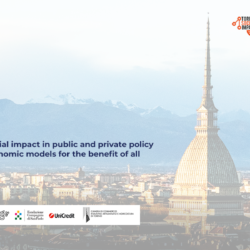 A New Impact Era: the GSG Leadership Meeting in… 14 April 2022
A New Impact Era: the GSG Leadership Meeting in… 14 April 2022 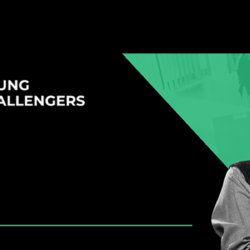 Young Challengers Program 2022 7 July 2022
Young Challengers Program 2022 7 July 2022  Turin chosen to host Cities Forum 2023 26 April 2022
Turin chosen to host Cities Forum 2023 26 April 2022 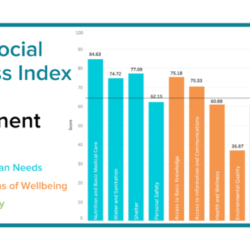 Announced the 2020 Social Progress Index 6 October 2020
Announced the 2020 Social Progress Index 6 October 2020 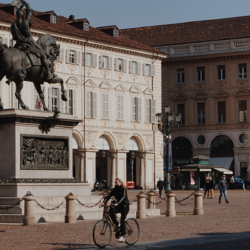 The GSG Leadership Meeting arrives in Turin! 1 March 2022
The GSG Leadership Meeting arrives in Turin! 1 March 2022 
